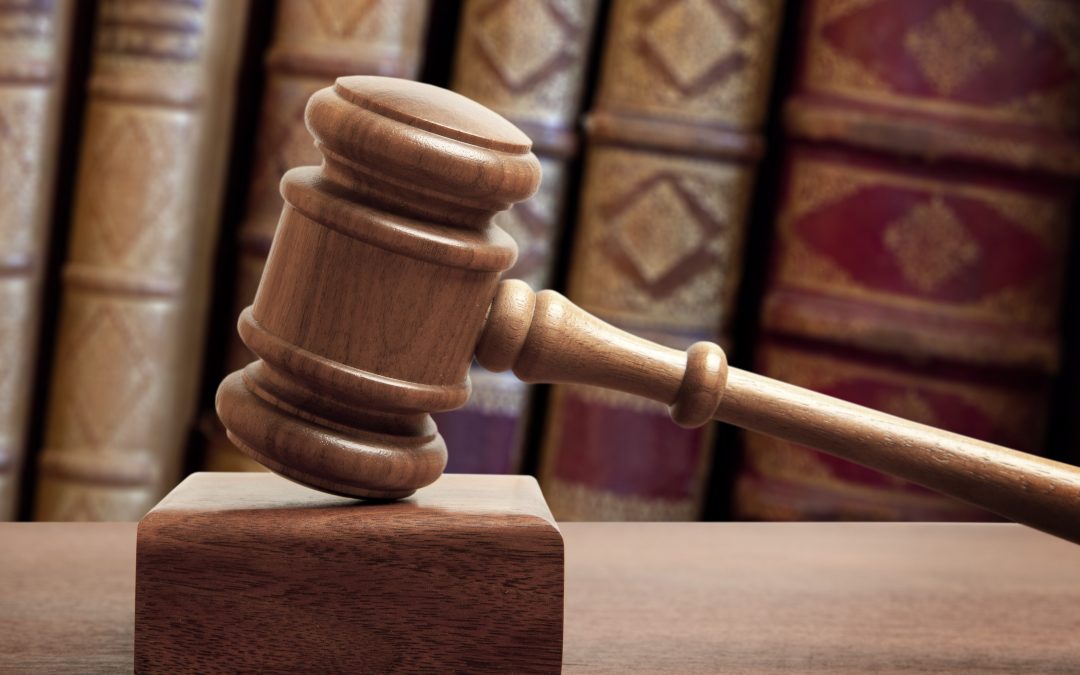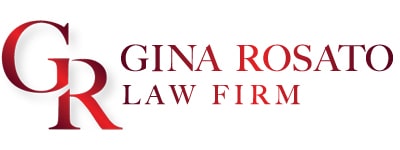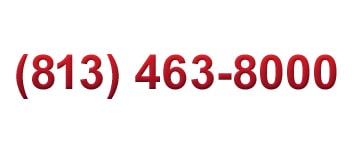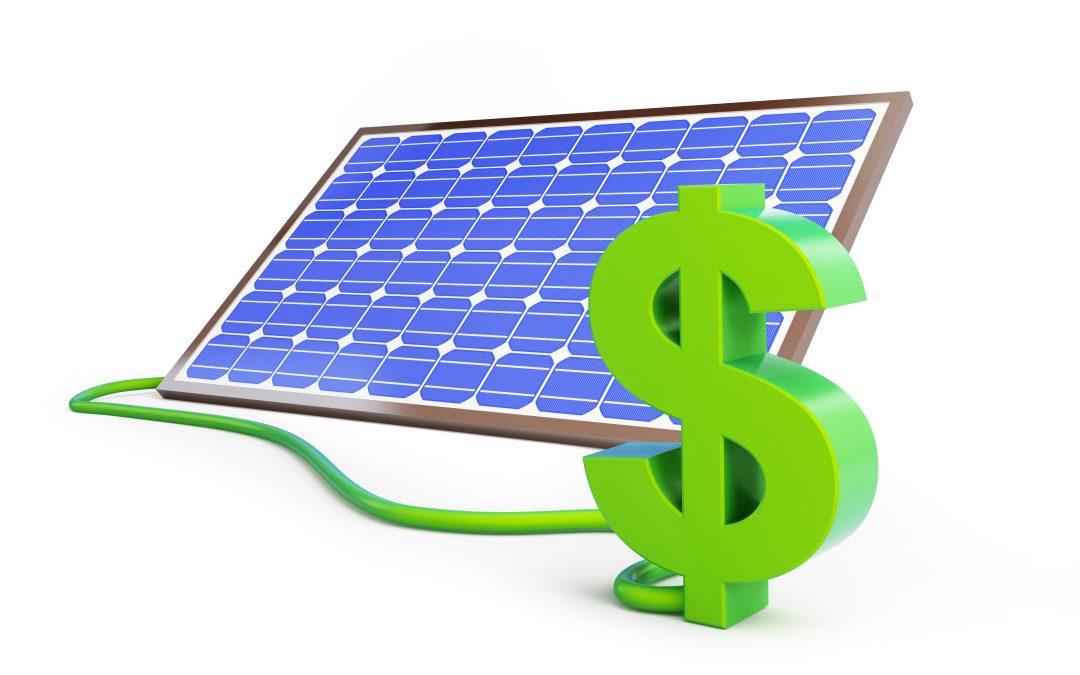
What is a 2004 Exam?
A 2004 exam is something you do not want to happen in your case. This is not to be confused with a 341 hearing. A 341 hearing is a 10–15 minute hearing that happens in every bankruptcy case where the trustee asks you questions and clarifies information listed in your petition. A 2004 exam is more like a deposition where any interested party can compel your testimony (deposition) or force production of additional documents.
Typically, this is something that would be initiated by the United States Trustee’s office/Department of Justice in cases where they suspect a debtor has not filed their case in good faith, is hiding assets or income, or did not properly disclose information on their bankruptcy schedules. Once the additional information, such as bank statements, are obtained, you will likely be examined under oath.
The scope is broad. It is very important to always disclose all information to your attorney so they can properly advise you on whether filing bankruptcy is a good course of action or if the timing or circumstances of the filing are ideal. You do not want your attorney surprised with facts after your case is filed. Unlike regular civil state court actions, if the plaintiff no longer wants to pursue their case, they can just dismiss it.
You cannot “dismiss” or get out of a Chapter 7 bankruptcy once it is filed. Once it is filed, its filed and there is no turning back. Your then required to participate. If there is a finding of fraud or lack of good faith, it usually results in one of the following: 1) converting your case to a Chapter 13; 2) paying more money to the bankruptcy estate; 3) being permanently ineligible for a discharge; or 4) having your case dismissed where you are barred from refiling your case for a designated period of time.
While these situations are not routine, every case should be filed by your attorney with the attention to detail required as if it is getting audited. That is why communication and disclosure are so essential between client and attorney.








